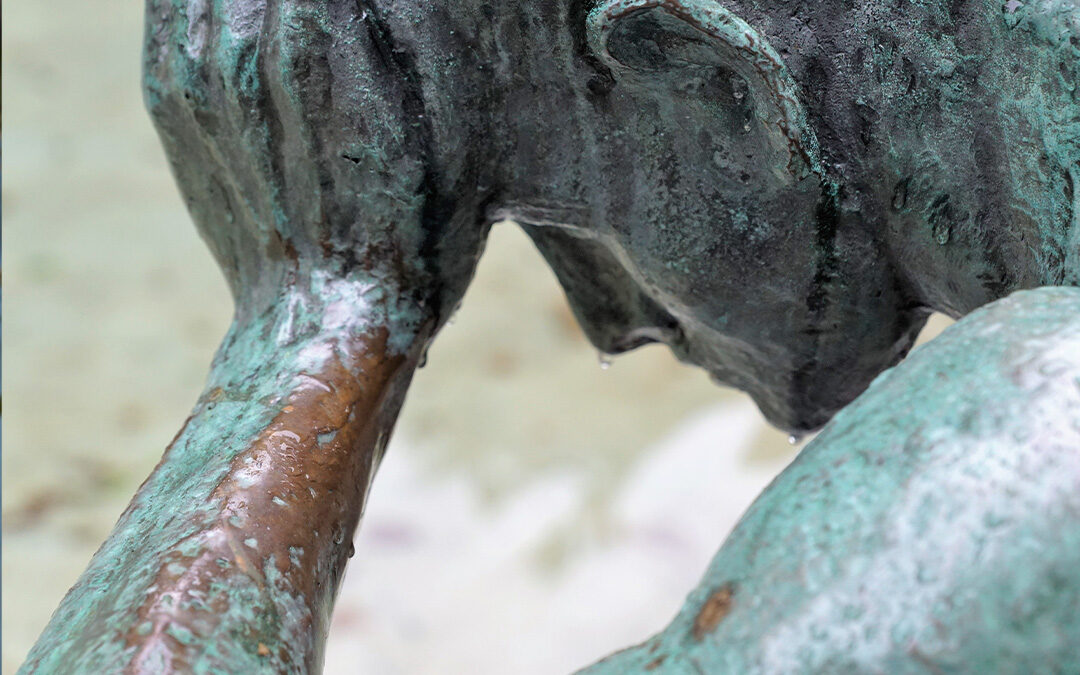 They didn’t teach you at school how to work this out when I was a kid. Most people I know went for a quick answer, chose a life path, and got on with following it. We tended to base our choices on a range of influences. Maybe you have also run your life like this?
They didn’t teach you at school how to work this out when I was a kid. Most people I know went for a quick answer, chose a life path, and got on with following it. We tended to base our choices on a range of influences. Maybe you have also run your life like this?
My parents had a difficult early life, growing up in poverty then experiencing a lot of hardship during the war. They wanted me to get a good education and a safe career. These are not bad things in themselves, but I chose them according to their influence rather than my wishes.
I also tended to choose in a hurry – if I needed a good income, what was the quickest way to get the best-paying job?
My culture and the advertisers that supported it suggested that I should have plenty of money to spend on girls, cigarettes and a cool car. I also wanted what my friends had.
The biggest barrier to getting what you want is often because you don’t think you can have it, or you don’t deserve it.
With all these influences we tend to be unsure what we really want, only what we think we ought to want. This can have the unsettling effect that when we finally get whatever we have aimed at, we find that we didn’t want it after all!
If you really want some answers then you will probably have to do some work. After all, if you had never owned or driven a car, you might want to learn to drive, test drive a few cars, read some reviews, and ask a few friends for their opinions. After all that, you might be in a better position to choose. So let’s get started with a few good questions and activities.
• If you won the lottery, and money was no object, what would you do with your time?
• If you knew that you couldn’t fail, what would you do?
• What don’t you want? Now turn it around, because the opposite is what you do want.
• Make a list of your favourite activities.
• Make a list of your greatest strengths.
• What is the best job you’ve ever had?
• Ask your friends to tell you your strong points and weak points.
Have you said “Yes, but I couldn’t do that” in any part of this process? If so, challenge that – why can’t you?
The key factor in all of this is to start to get conscious of your own thought processes. It is very easy to make automatic choices without really thinking if it is what you want – for example how many times do you go to the fridge and eat something, or switched on the TV, when you are not sure what to do next? And do you always go to the same pub or restaurant?
When you are not sure – just stop and think!
You might also consider getting some support from a coach, or go to a workshop or presentation. Get in touch for a free discovery session with a coach.

